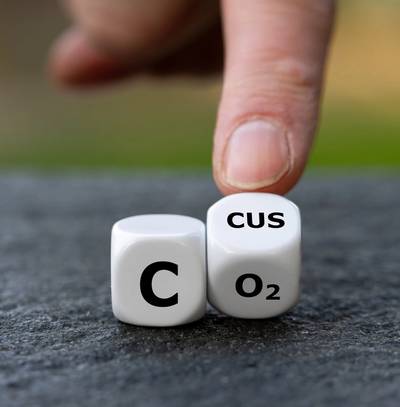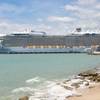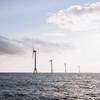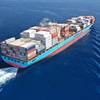Report: CCS Unlikely to Constrain Blue Ammonia Availability
The Mærsk Mc-Kinney Møller Center for Zero Carbon Shipping has released a report indicating that CO2 storage capacity is unlikely to constrain the availability of blue ammonia for shipping by 2030.
The report analyzed whether potential carbon storage in carbon capture and storage (CCS) networks can meet the expected demands from blue ammonia production for maritime in the context of the wider demand for CCS from other industries.
It also evaluated potential constraints on CCS and blue ammonia availability, including industry ramp-up plans, equipment supply, public policy, permitting time, infrastructure costs, operating costs, and cross-sectoral competition.
Blue ammonia is an attractive alternative fuel for the maritime industry due to its potential to scale up quickly using existing technologies and its low production costs compared with other low-emission fuels. Like conventional, gray ammonia, blue ammonia is produced from natural gas, but combined with CCS it becomes a fuel with low well-to-wake emissions.
The findings showed that global CO2 transport and storage capacity is expected to expand dramatically over the next few years. As a result, CO2 storage capacity will not prevent blue fuel availability from meeting the anticipated demand from the maritime industry by 2030.
Most of the expansion in CO2 storage by 2030 is likely to come from regional hub projects serving multiple industries and emitter sites, rather than single sites with individually dedicated storage. This arrangement is beneficial, as it allows the infrastructure development costs to be shared and drives down the cost per tonne of CO2 storage.
Regulatory barriers to increasing CO2 storage appear to be surmountable on a global scale. Several countries expected to be key to large-scale blue fuel production have already established supportive national policies and incentives for CCS. Characterization, permitting, planning, and construction of new CO2 storage sites can take several years, resulting in a time delay in establishing new capacity. Nevertheless, areas with established oil and gas production generally have well-characterized geology, which can help to reduce the characterization and permitting times.












